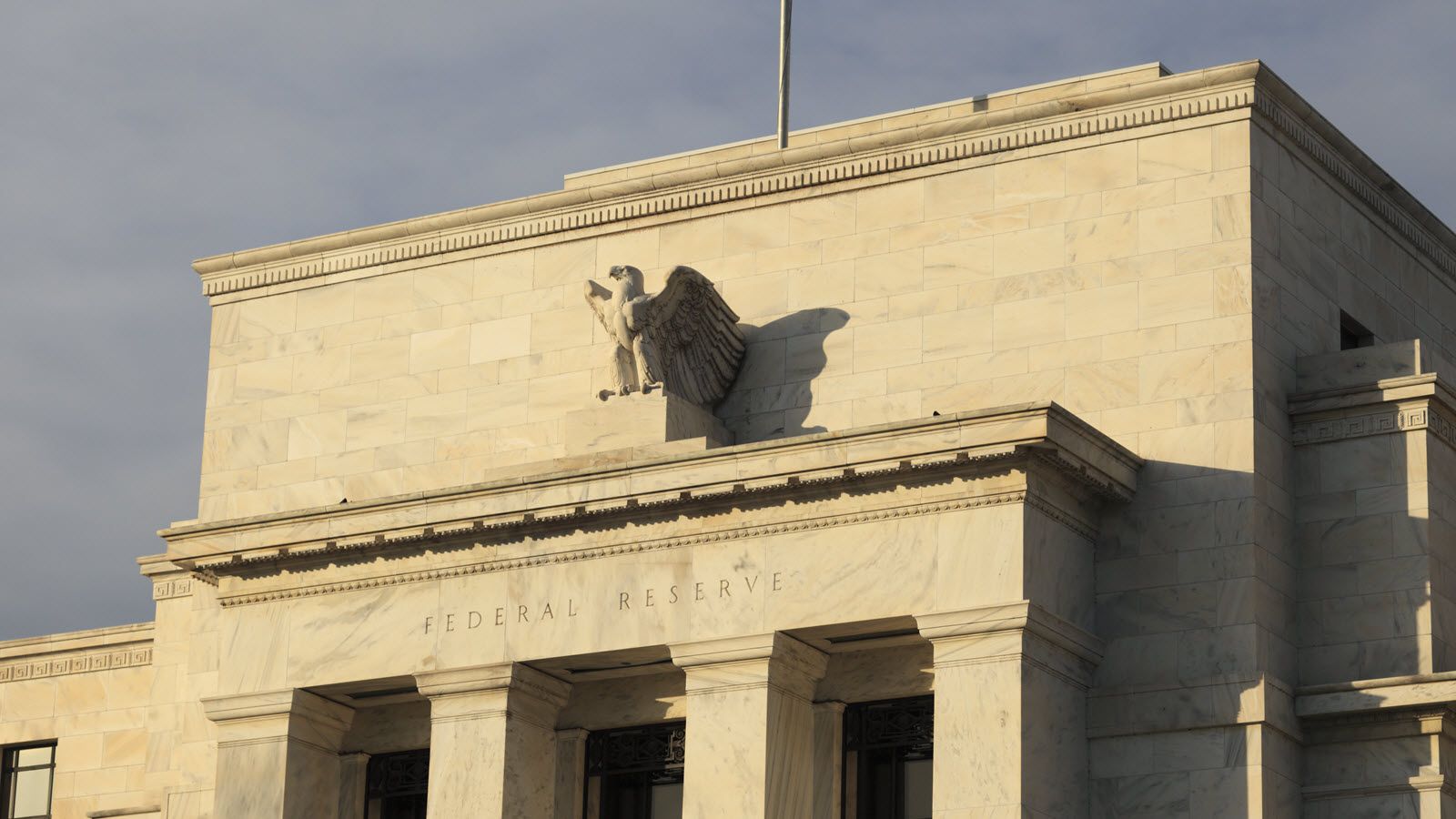Fed President Predicts Economic Growth for 2025 Despite Policy Uncertainty
04.01.2025 18:00 2 min. read Kosta Gushterov
Richmond Fed President Thomas Barkin shared an optimistic outlook for the U.S. economy heading into 2025, highlighting potential growth despite uncertainties tied to the policies of the new Trump administration.
Speaking at the Maryland Bankers Association, Barkin emphasized the strength of the labor market and consumer spending as key drivers of economic resilience.
Barkin suggested that economic growth is more likely to exceed expectations rather than fall short, based on current trends. However, he acknowledged the potential for stronger hiring to contribute to inflationary pressures. He noted that the labor market appears poised to favor hiring over layoffs, signaling confidence in the economy’s forward momentum.
Financial markets, Barkin observed, have started adjusting to the Federal Reserve’s projections of a slower pace of rate cuts in 2025. He highlighted that long-term interest rates are stabilizing at levels lower than previously hoped but still reflective of cautious optimism.
The Fed reduced its benchmark policy rate by a total of one percentage point during its final three meetings of 2024, including a quarter-point cut in December. Looking ahead, policymakers anticipate only a modest reduction of half a percentage point in 2025, citing lingering concerns over inflation and uncertainties surrounding the administration’s trade, tax, and immigration policies.
Although Barkin won’t cast a vote on interest rate decisions this year, his remarks align with the Federal Reserve’s broader stance, which balances optimism for economic growth with a watchful eye on inflation risks.
-
1
Trump Targets Powell as Fed Holds Rates: Who Could Replace Him?
27.06.2025 9:00 2 min. read -
2
U.S. PCE Inflation Rises for First Time Since February, Fed Rate Cut Likely Delayed
27.06.2025 18:00 1 min. read -
3
Key U.S. Economic Events to Watch Next Week
06.07.2025 19:00 2 min. read -
4
Gold Beats U.S. Stock Market Over 25 Years, Even With Dividends Included
13.07.2025 15:00 1 min. read -
5
U.S. Announces Sweeping New Tariffs on 30+ Countries
12.07.2025 16:30 2 min. read
US Inflation Heats Up in June, Fueling Uncertainty Around Fed Cuts
U.S. inflation accelerated in June, dealing a potential setback to expectations of imminent Federal Reserve rate cuts.
Gold Beats U.S. Stock Market Over 25 Years, Even With Dividends Included
In a surprising long-term performance shift, gold has officially outpaced the U.S. stock market over the past 25 years—dividends included.
U.S. Announces Sweeping New Tariffs on 30+ Countries
The United States has rolled out a broad set of new import tariffs this week, targeting over 30 countries and economic blocs in a sharp escalation of its trade protection measures, according to list from WatcherGuru.
Key U.S. Economic Events to Watch Next Week
After a week of record-setting gains in U.S. markets, investors are shifting focus to a quieter yet crucial stretch of macroeconomic developments.
-
1
Trump Targets Powell as Fed Holds Rates: Who Could Replace Him?
27.06.2025 9:00 2 min. read -
2
U.S. PCE Inflation Rises for First Time Since February, Fed Rate Cut Likely Delayed
27.06.2025 18:00 1 min. read -
3
Key U.S. Economic Events to Watch Next Week
06.07.2025 19:00 2 min. read -
4
Gold Beats U.S. Stock Market Over 25 Years, Even With Dividends Included
13.07.2025 15:00 1 min. read -
5
U.S. Announces Sweeping New Tariffs on 30+ Countries
12.07.2025 16:30 2 min. read


